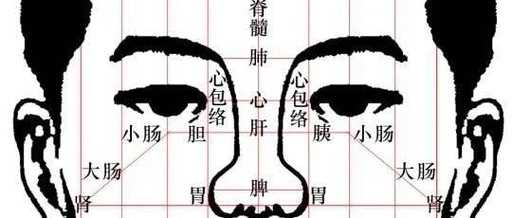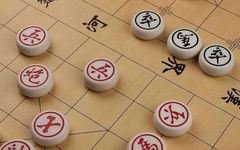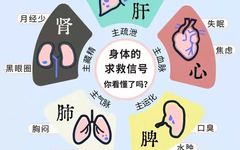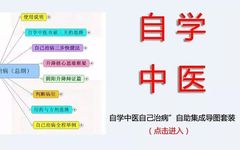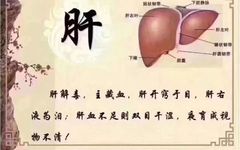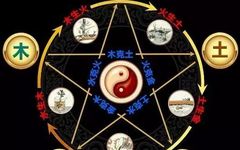Interpretation of Xian Pulse in Binhuh Pulse Studies
Xian Pulse Introduction: The Xian pulse (弦脉) is one of the most common pulse types associated with liver, gallbladder, spleen, and stomach diseases. The Xian pulse primarily indicates liver disorders, often related to liver and gallbladder diseases, pain syndromes, fluid retention, and conditions mixed with cold and heat pathogens. Regarding the main diseases associated with … Read more


